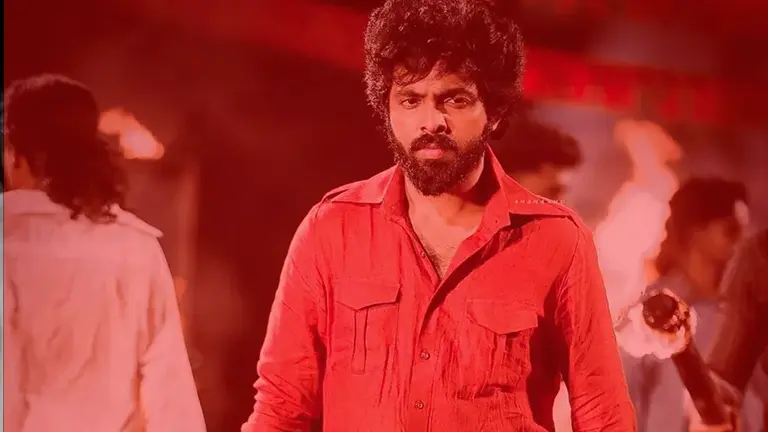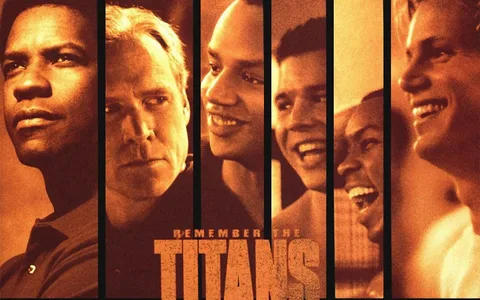“Rebel,” the latest film starring GV Prakash Kumar, falls into the category of movies that take a rather irresponsible approach to their narrative. It seems the director’s understanding of Kerala remains superficial, evident in the way the drama unfolds.
Kerala, while not exempt from discrimination, is not devoid of its share of biases. Instances of hatred towards certain groups based on caste or language are unfortunately witnessed in segments of the population. It is acknowledged that films addressing such sensitive and political themes serve a necessary purpose, as art often carries inherent political undertones. However, there arises a significant concern when a film resorts to gross generalizations, particularly when portraying an entire region, in an attempt to create a mass hero. Such portrayals can lead to the propagation of unnecessary animosity and division.
Set in the 1980s, the story revolves around Kathiresan, our protagonist, and his Tamil friends hailing from Kerala’s Munnar village. Their parents, who were laborers in the tea estates, aspired for their children to receive higher education in Palakkad. The discrimination faced by these Tamilian students in their college forms the crux of “Rebel.”
While it is plausible that students from Tamil Nadu might have encountered biases during that era, it’s essential to remember that the film’s narrative is fictional. The portrayal of Kerala in this movie feels overly fictionalized, raising questions about the attention to detail. It is perplexing why some Tamil filmmakers overlook the nuances of the Malayalam language in their movies, especially when the majority of the film is set in Kerala.
With a plot that barely scratches the surface of injustice and a lack of compelling elements, “Rebel” becomes a tedious watch. GV Prakash Kumar, with his characteristic expressions, fits into his role adequately, never veering into the realm of an exaggerated hero. Mamitha Baiju, playing the female lead, remains a passive observer in the narrative, contributing little to its progression. The standout performance comes from Venkitesh VP, portraying one of the main antagonists. Despite somewhat stereotypical mannerisms, his portrayal is convincing. On the other hand, Shalu Rahim struggles with dialogue delivery, while Karunas and Adithya Bhasker deliver passable performances.
Nikesh RS’s direction presents a story that is disappointingly basic. Instead of delving into a layered exploration of discrimination, the film opts for a simplistic Kerala-themed narrative. While fictional settings are acceptable, a certain level of conviction is necessary, especially in stories set in real places. The demonization of characters representing certain political factions, evident in “Rebel,” is crass and reminiscent of biased propaganda films.
The film’s attempt to present itself as a revolt against racial discrimination feels contrived, adding a superficial layer to an otherwise generic storyline. By portraying the antagonists in an extremely negative light, “Rebel” oversimplifies the complexities of the conflict into a mere hate campaign. For those who perceive politically charged films by directors like Vetrimaran and Pa Ranjith as easy due to their inherent layers, “Rebel” serves as a stark contrast. Here, the political layer is merely a facade, concealing the film’s flawed and unimaginative writing.



